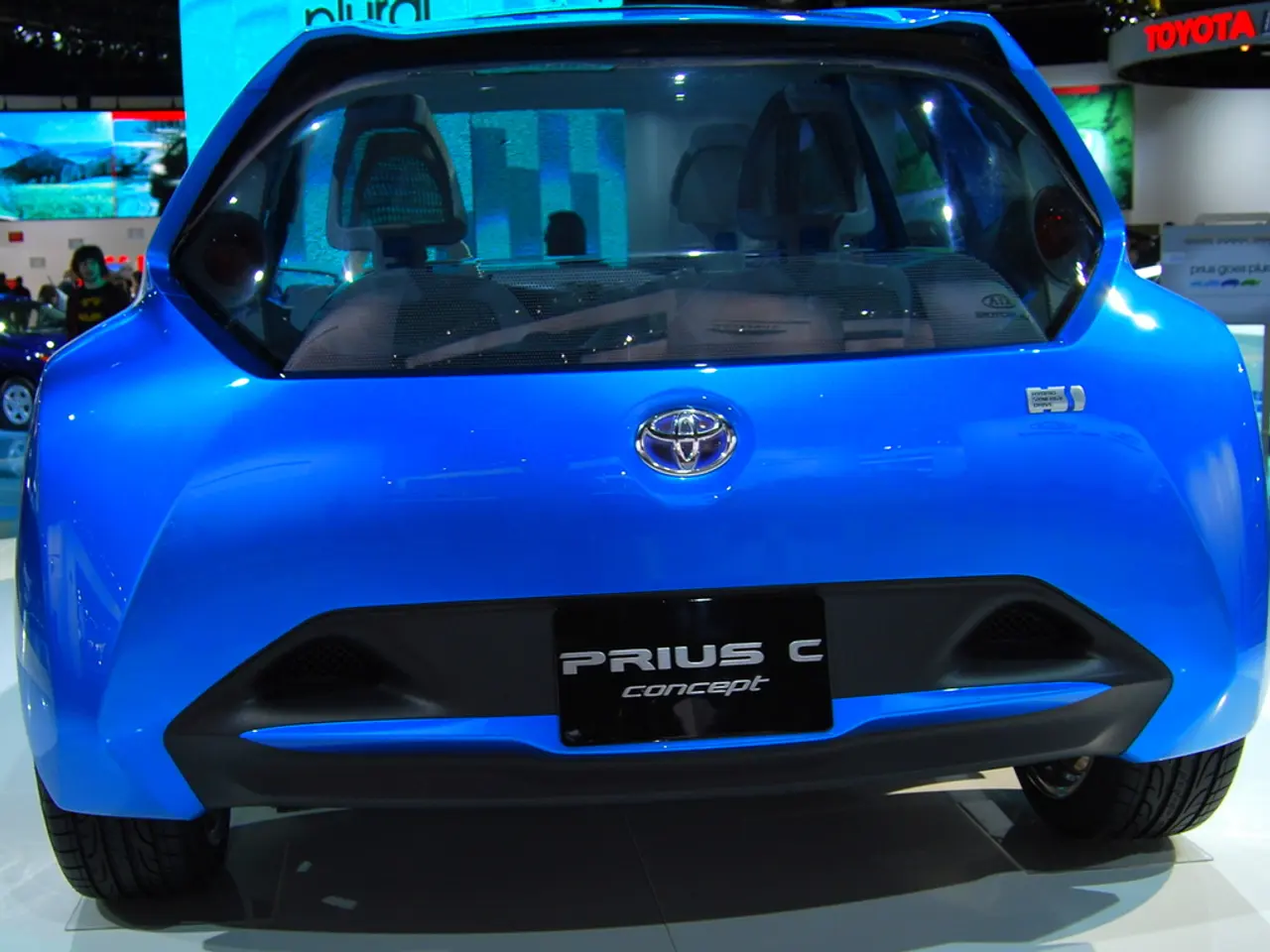Car Dealers Focus on High-End Retailers with Robust Service Departments
In the rapidly evolving automotive industry, luxury car dealerships with robust fixed operations are becoming attractive targets for dealer group acquisitions. This trend is driven by several key factors, offering dealer groups a unique blend of financial stability, market growth potential, and the opportunity to capitalize on emerging trends in digital retail and customer engagement.
One of the primary reasons for this surge in acquisitions is the revenue growth potential that luxury vehicles offer. With their complex maintenance requirements and frequent service needs, luxury vehicles generate substantial revenue through service centers. This consistent income stream is particularly appealing to dealer groups seeking to stabilize and grow their earnings. Additionally, the high-value sales associated with luxury cars make them attractive for increasing revenue.
The luxury car market is projected to experience steady growth in the coming years. In North America, the market is expected to grow at a CAGR of 9.41% and reach USD 82.05 billion by 2030, providing dealer groups with a stable long-term investment opportunity. On a global scale, the luxury car market is projected to reach USD 1.30 trillion by 2034, driven by increasing demand in regions like China, the U.S., and emerging markets.
Dealer groups are also drawn to luxury brands due to the potential for digital transformation and improved customer engagement. Luxury brands are leveraging digital platforms to enhance customer experiences, including virtual showrooms and AI-powered services. By integrating these trends, dealer groups can improve customer retention and attract new buyers. The shift towards online purchase decisions and digital tools is redefining luxury car retail, and dealer groups can benefit from streaming sales processes and offering more personalized services.
Acquiring luxury dealerships also allows dealer groups to expand their market presence and strengthen their brand portfolio. This can often lead to entry into new segments such as ultra-luxury. Strategic integrations facilitated by these acquisitions can enhance overall business operations and customer offerings across different markets and segments.
Notable examples of these acquisitions include Sonic Automotive, which recently bought four California dealerships, making them the largest-selling Jaguar Land Rover retail ownership group in the United States. The sold dealerships, Mercedes-Benz of Jackson, MS, and Mercedes-Benz of Collierville, TN, have strong fixed operations. The newly acquired dealerships are Jaguar Land Rover Los Angeles, Jaguar Land Rover Newport Beach, Jaguar Land Rover San Jose, and Land Rover Pasadena.
Sonic Automotive's focus on fixed operations aligns with the industry trend, as demonstrated by the net addition of 335 service technicians in 2024. Similarly, Lithia Motors is targeting larger automotive retail stores and the stronger profitability regions of the Southeast and South Central United States.
Erin Kerrigan, founder and managing director of buy-sell firm Kerrigan Advisors, emphasizes diversification as an important hedge against ups and downs in new-vehicle sales. This diversification is evident in the acquisitions made by Sonic Automotive and Lithia Motors, as they seek to expand their portfolios with luxury brands.
In conclusion, luxury car dealerships with strong fixed operations offer dealer groups a combination of financial stability, market growth potential, and the opportunity to leverage emerging trends in digital retail and customer engagement. As the industry continues to evolve, we can expect to see more dealer groups pursuing these acquisitions to remain competitive and capitalize on the growth opportunities in the luxury car market.
- In the automotive industry, dealer groups are increasingly attracted to the finance and transportation segments, particularly luxury automotive business, as these dealerships offer significant revenue growth potential through service centers and high-value sales.
- The luxury automotive industry is forecasted to witness steady growth in the coming years, particularly in North America and global markets like China, the U.S., and emerging markets, presenting dealer groups with a stable long-term investment opportunity.
- Dealership acquisitions in the luxury automotive sector also provide dealer groups with the chance to expand their market presence, diversify their portfolios, and capitalize on digital transformation and improved customer engagement trends, ultimately redefining luxury car retail and boosting overall business operations.




